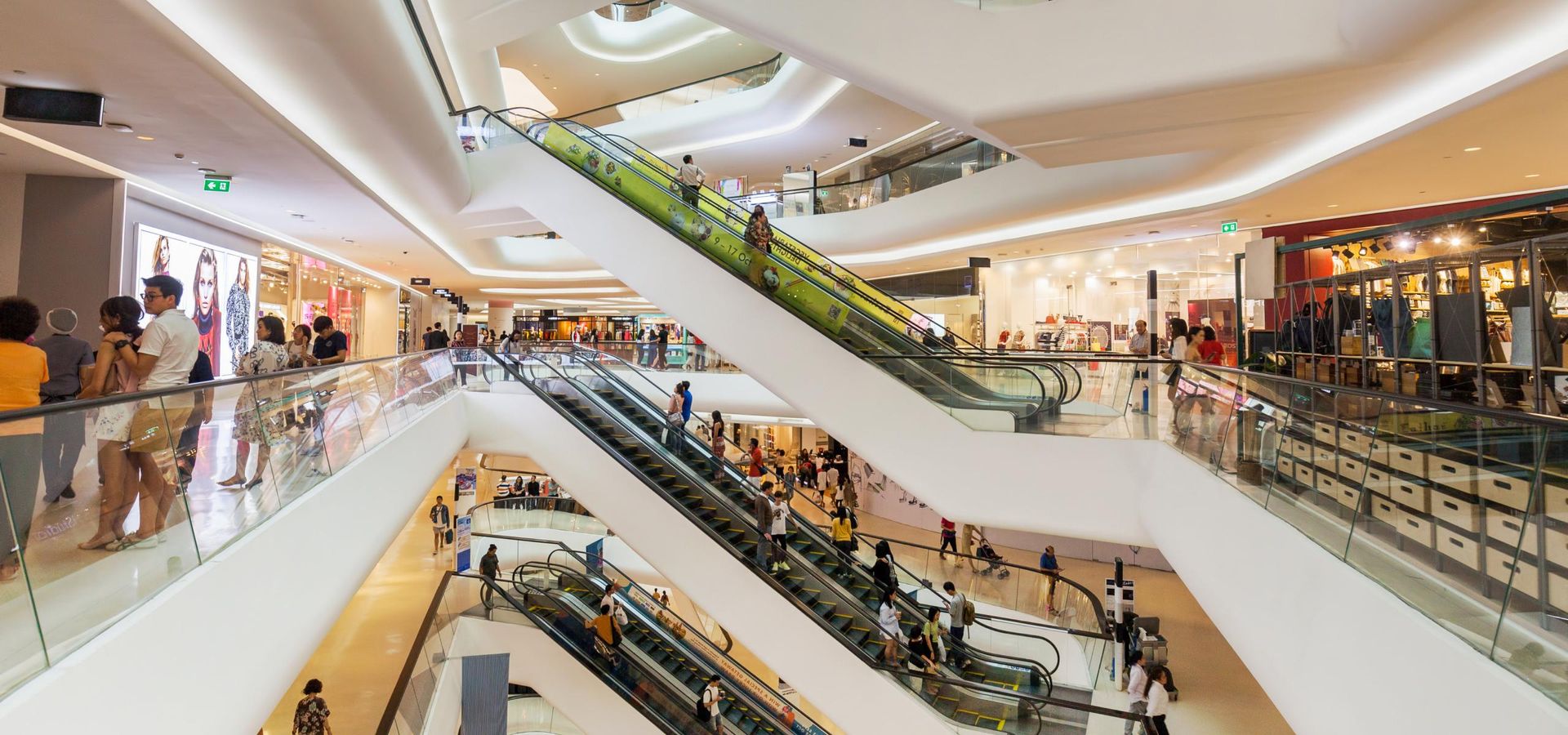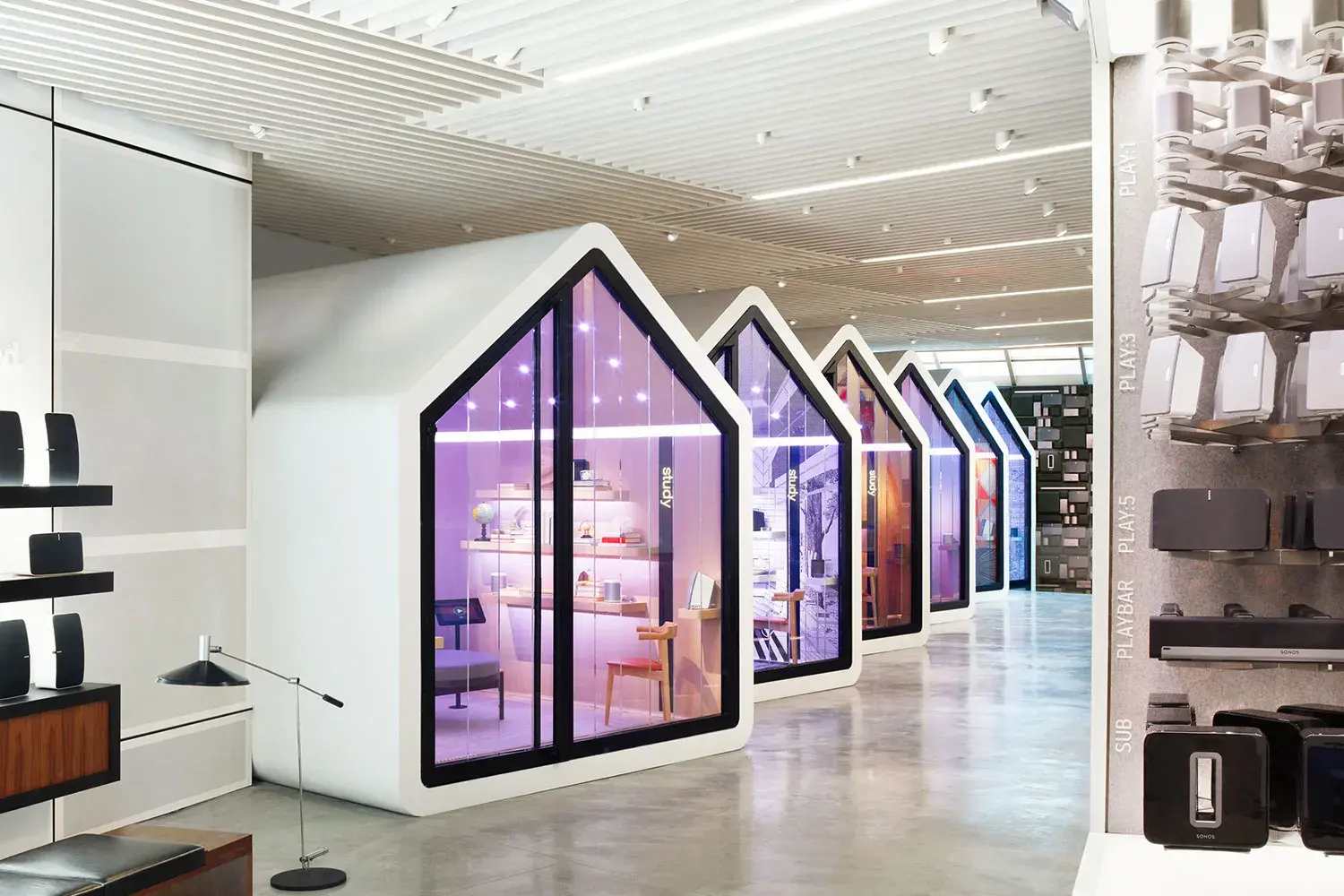Retail’s Green and Digital Revolution: UK Sector Adapts and Thrives
Despite recent challenges, the UK retail sector is experiencing a resurgence, marked by innovative strategies, technological advancements, and the green revolution.
High Street Revivals: A Return to Roots
Heritage brands are making notable comebacks, breathing new life into the high street. Jolly's, a 200-year-old department store in Bath, is set to reopen in 2026 under Morleys Stores Ltd., following its closure earlier this year. The store aims to blend traditional charm with modern offerings, featuring fashion, beauty, and homeware brands, some new to the area.
Similarly, The Kitchen Range in Llandudno, a beloved kitchenware store that closed after 42 years, is reopening under new management. The store plans to maintain its personalised customer service while introducing modern enhancements like a website and social media presence.
Embracing Technology: The Digital Transformation
UK retailers are increasingly adopting advanced technologies to enhance operations and customer engagement. Approximately one-third of UK retailers are utilizing multiple advanced technology integrations, including inventory management software, automated email campaigns, and generative AI for content creation. These tools are streamlining processes and improving efficiency. The Future of Retail: 2025 Edition | Square
Social commerce is also on the rise, with platforms like Facebook, Instagram, and TikTok evolving into full-fledged retail channels. This shift allows consumers to discover and purchase products seamlessly within the apps they use daily, offering retailers new avenues to reach customers.
Sustainability and Conscious Consumerism
Modern consumers are increasingly prioritising sustainability in their purchasing decisions. Retailers are responding by implementing eco-friendly practices and offering products that align with these values. Digital Product Passports (DPPs), accessible via QR codes, provide comprehensive information on a product's origin, materials, and recyclability, empowering customers to make informed choices.
Brands like ASOS have introduced initiatives such as the Circular Design Collection, using recyclable or regenerative materials, and companies like Ikea and Levi's have launched in-house resale schemes, promoting a circular economy and extending product lifecycles.
Economic Indicators: Signs of Recovery
Recent data indicates a positive trend in UK retail sales. In April 2025, retail sales volumes rose by 1.2%, marking the fourth consecutive month of growth. This increase was driven by strong performances in food store sales, attributed to favorable weather conditions. Retail sales, Great Britain - Office for National Statistics
Additionally, consumer confidence is gradually improving, supported by rising real household disposable incomes and declining interest rates. These factors are expected to contribute to increased consumer spending and a more robust retail sector in the coming months. UK quarterly economic outlook - Q2 2025 | The Real Economy | RSM UK
This transformation isn’t just about weathering a storm, it’s about building a smarter, greener, and more resilient future for retail. For businesses willing to innovate and stay agile, the opportunities ahead look brighter than they have in years.
.jpg)


